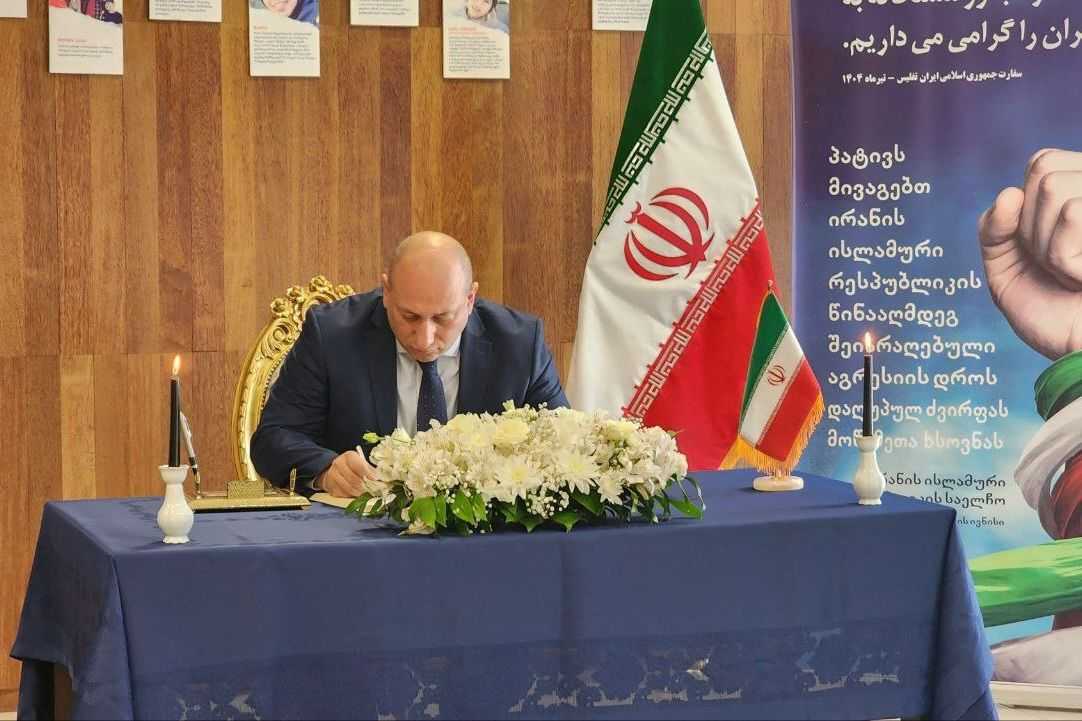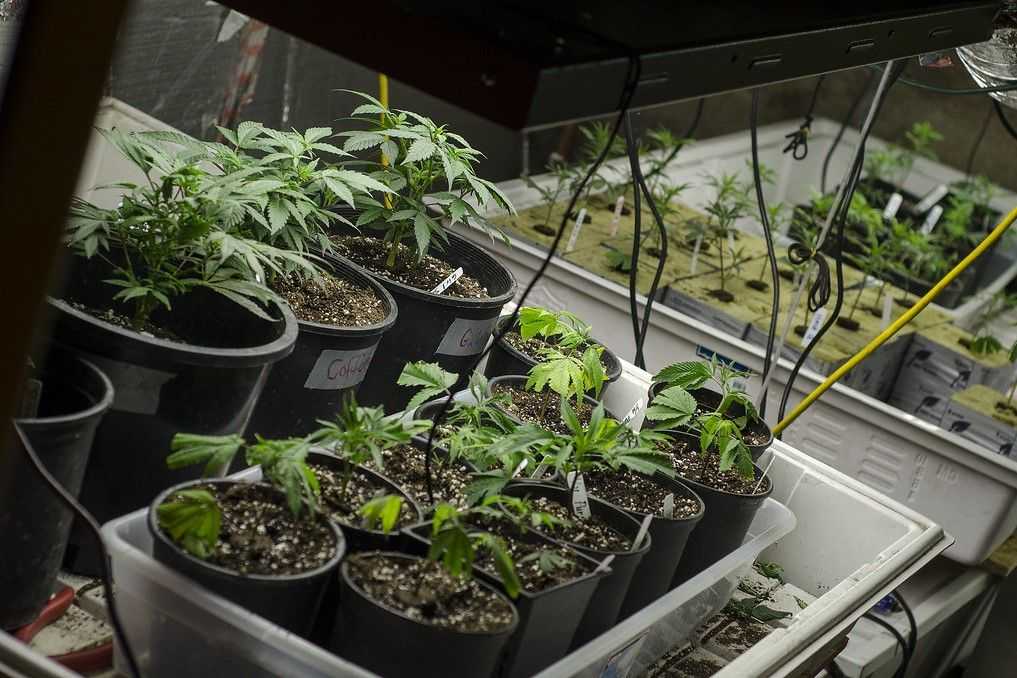
International Women’s Day was marked in Georgia with several separate demonstrations, mostly in the capital Tbilisi.
Over 30 women led by the Georgian Women’s Movement held a performance against femicide, and against placing blame on the victims, in front of the Tbilisi Concert Hall on 8 March.
‘You are to blame, the state is to blame, the police are culpable, the Prosecutor’s Office is culpable, the courts are culpable, a neighbour who knew but didn’t help us is to blame, a relative who knew but didn’t help us is to blame’, the women chanted.
The performance was attended by Eka Beselia, a prominent MP who left the ruling Georgian Dream party in February 2019 and later founded the For Justice Party. Earlier that day, Beselia announced the founding of a women’s wing of her party.
Beselia was among several publicly active women in recent years to be targetted with leaked sex tapes. This and a series of similar attempts at blackmail have still not been solved by the authorities.
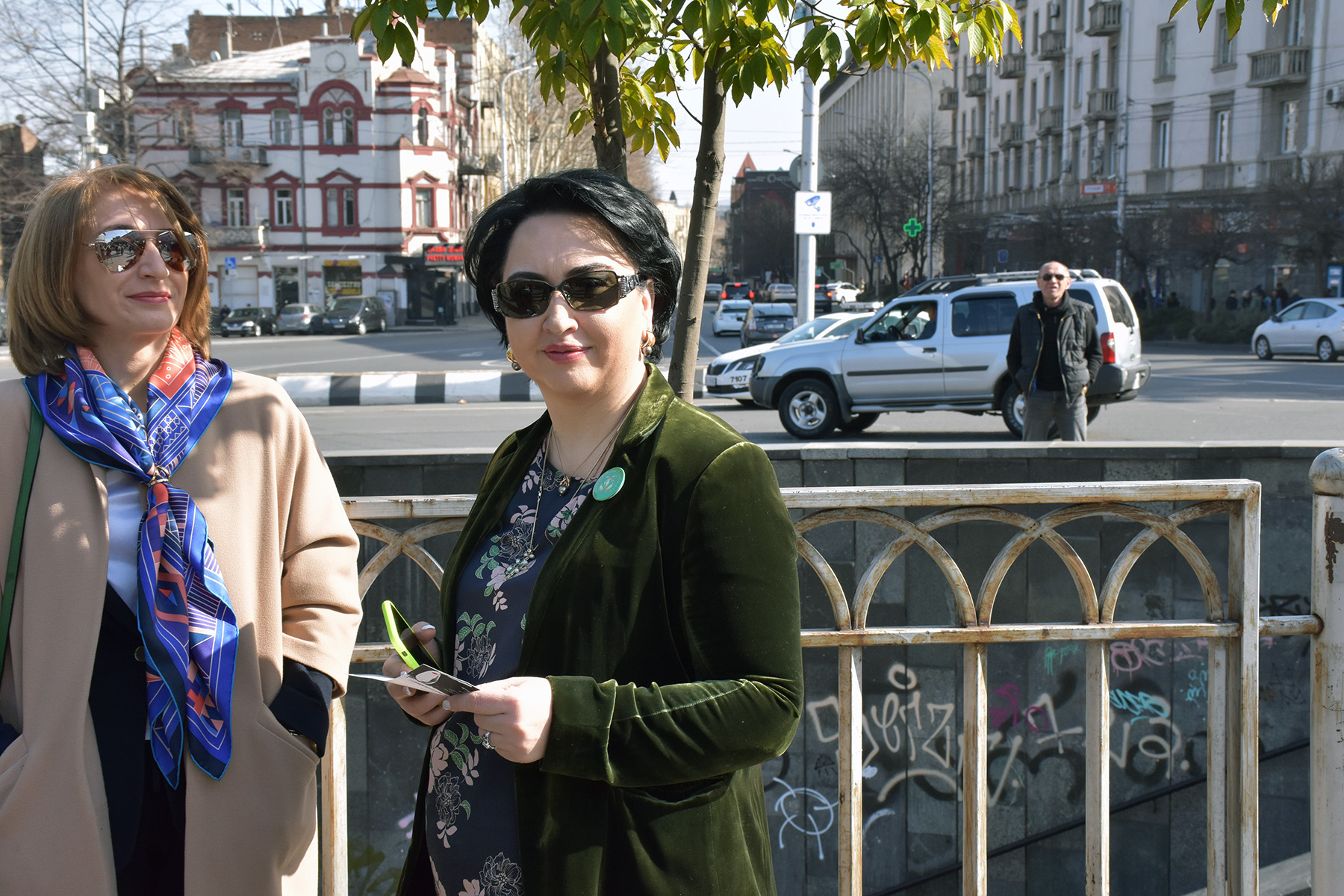
Citing public concerns over the spread of the coronavirus, the New Union, a recently formed trade union, read out their 8 March manifesto in a relatively remote spot near the Mother of Georgia statue in Tbilisi.
The manifesto included a demand for paid parental leave in all sectors of the economy.
Georgia does not oblige employers to pay employees parental leave. New parents are eligible for a one-time payment of up to ₾1,000 ($360) from the Social Service Agency.
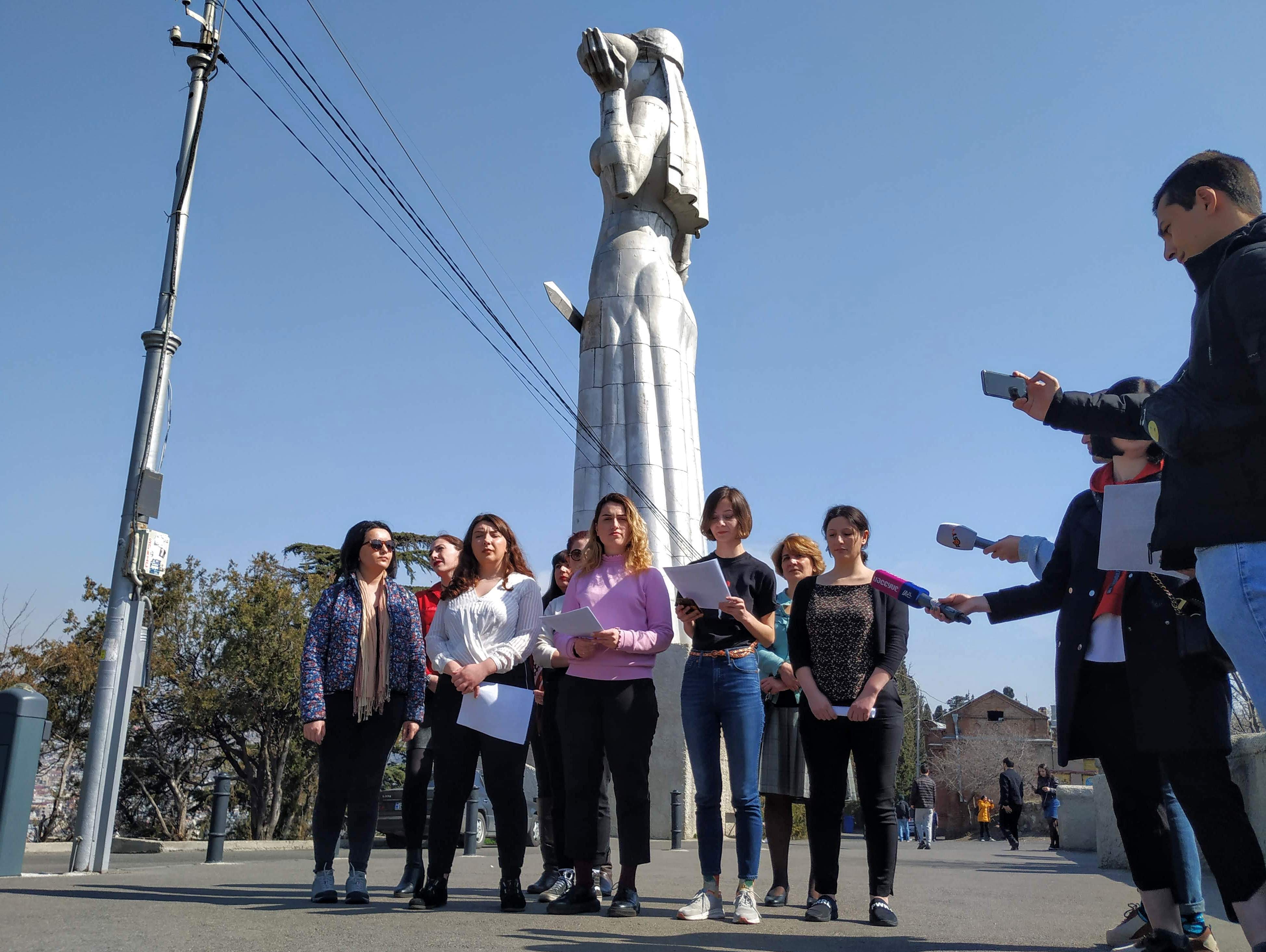
‘It is not nearly enough to cover the basic needs of a mother and child’, the statement read.
‘Because we have to choose between parenthood and labour — which is not a choice — a lot of women, because of parenthood, cannot afford to be employed’.
The Independent Group of Feminists (IGF) marked the day with a video address saying they were ‘not feeling festive’ because of the number of women murdered so far this year, ‘some with knives, others with axes and guns’.
‘We are not feeling festive because women’s labour is not valued at home or at work. Women work for free or at a minimal wage, and often in intolerable conditions’, the group said.
Also on 8 March, Tbilisi-based rights group the Human Rights Education and Monitoring Centre (EMC) issued a statement calling on the government to investigate the treatment of women employed in Georgia’s Kutex and Imeri textile factories.
The statement referred to a multi-part undercover investigation by OC Media of the countries textile industry.
EMC also called on the government to expand the mandate of the Labour Inspection Department.
Temur Tsatiashvili, leading the lesser-known Banner of Reconciliation group he founded in 2017, organised a separate small gathering outside Tbilisi’s First Public School on Rustaveli Avenue.
At the rally and in an earlier video address, he underlined that men raising their voice against women was ‘unacceptable’ for the men’s honour and dignity.
In Zugdidi, a town in the north-west of Georgia, activists pinned printed stories of femicide victims on dresses — ‘stories they could not tell’.
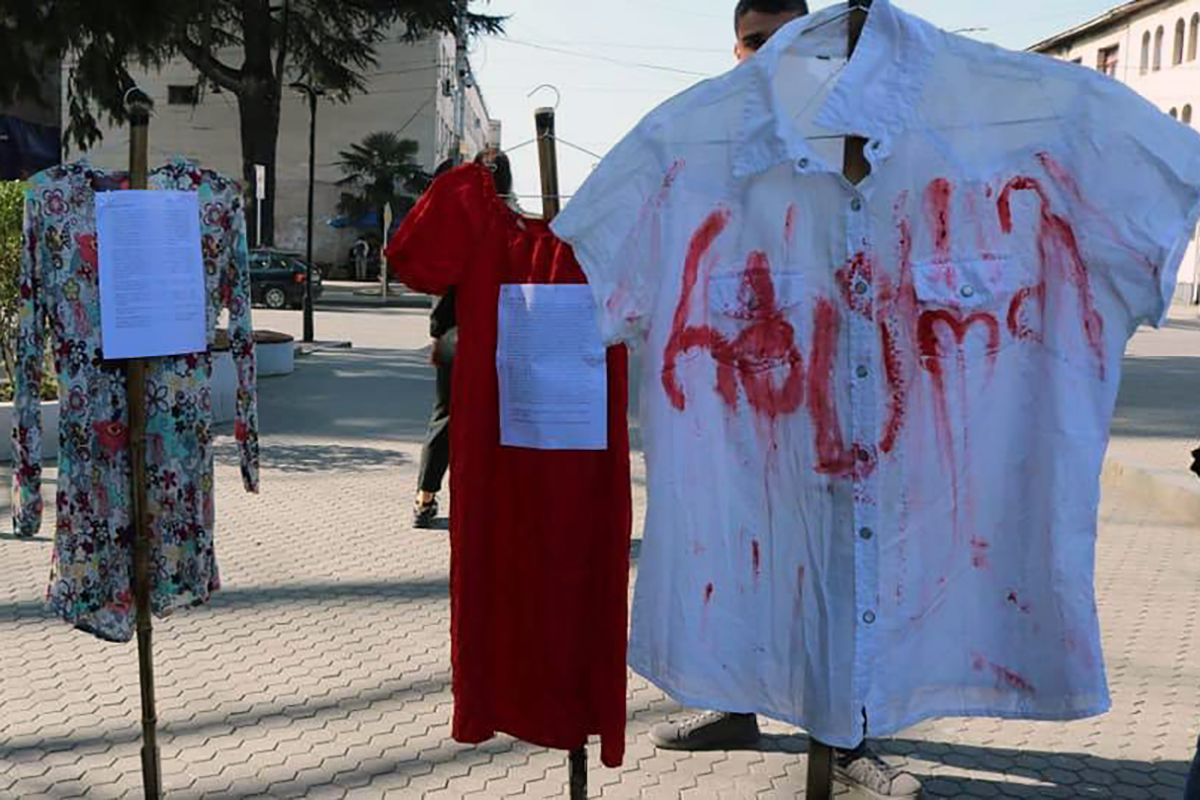
‘Getting a slap from him wasn’t considered violence’, one story attached to a gown in central Zugdidi said.
‘I was economically dependent on him and consequently, be it choosing clothes or having a relationship with friends — everything depended on his mood. So the days, months, and years went on. Then? Then I died… But today, you can save other women.’
Georgian Public Defender Nino Lomjaria released a statement highlighting what she called ‘reactive’ and ‘ineffective’ law enforcement measures to combat femicide. She made the statement on the background of ‘8 gender-based murders and 4 attempting killings within last two months in Georgia.’
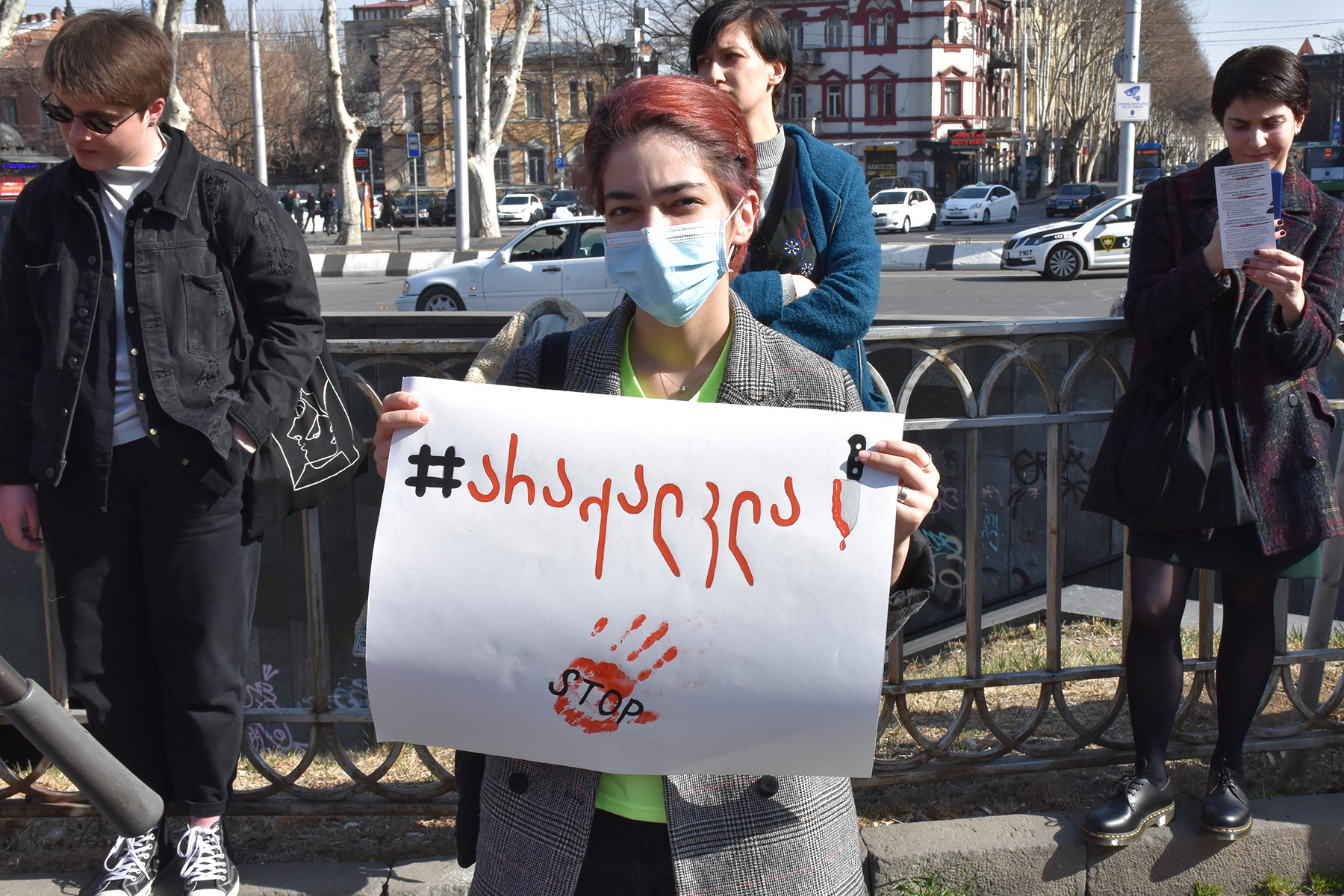
She added that prevention of femicide should go beyond law enforcement agencies.
‘Femicide is a direct result of gender and social inequality in society and it is important to ensure that the prevention of femicide starts at the stage of basic social services, such as healthcare and education’.
According to the Public Defender, out of 19 women murdered last year, 10 were domestic crimes.
So far this year, eight women have been killed in Georgia by a family member, partner, or ex-husband.


